Truth be told when it comes to a car's maintenance, then the math and science of it all works sufficiently simply. To put it simply, the healthier a car, the longer its overall lifespan and better resale value. In some ways, this pretty much boils down to normal human health and it's functioning. There's nothing dramatically different in this aspect. Yet, what makes the simple effort of keeping cars in good overall shape is the fact that several aspects end up playing the spoilsport. So could it be that there are several myths pertaining to car maintenance that's been floated around for no particular reason at all? Let's, therefore, try and examine some important car maintenance tips and bust up some myths:
5. Premium petrol or diesel is the best for your car
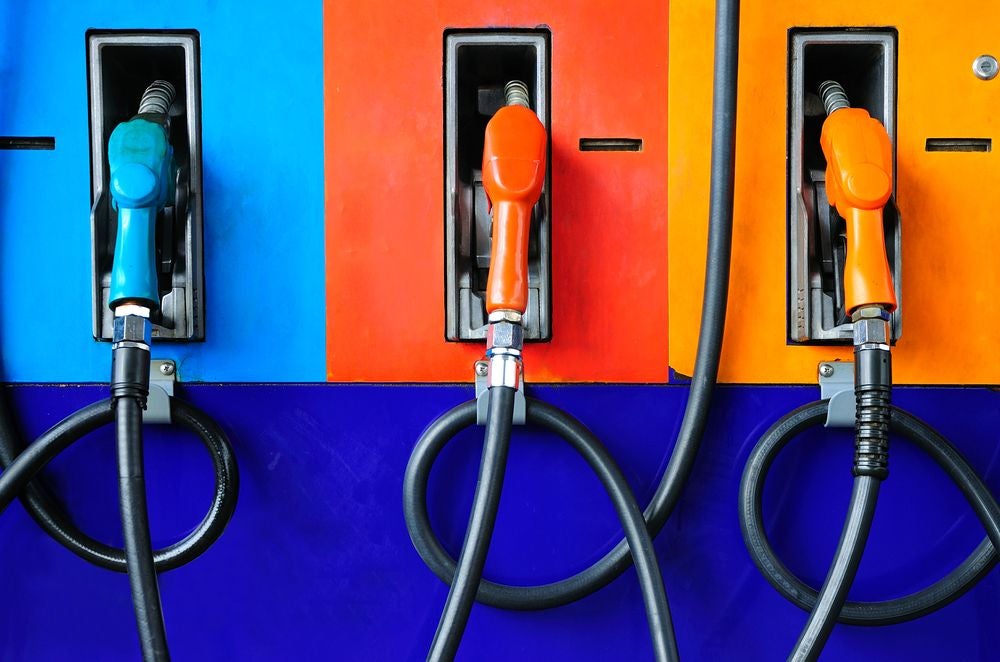
Among the most important car maintenance tips is the one that pertains to the quality of petrol that you put in your wagon.
But here again, there's been a long-standing myth that has continued unbent for the longest time. Ever heard self-proclaimed experts as well as those who frequently take to the micro-blogging platforms to further their popularity by suggesting something as irrational as putting specifically premium quality of petrol in your car is the best possible way to maintain great car health?
Well, you may have.
But then, that's a myth and it's about time that we paid heed to what is actually true. For the longest time, people have been stuck in the idea that the higher the octane rating of (a) particular petrol, the better it is for maintaining great engine life and achieving better fuel economy/mileage,
But in considering the above, what one fails to take into account is that the high-octane premium petrol often comes with special formulations. But at all times, it is recommended that one checks the recommended fuel petrol-octane rating of the car manufacturer. And it can be different for different brands.
Very often the easiest place to check for the recommended fuel variant for a manufacturer is clearly mentioned in the owner's manual.
4. Change the engine oil after every 5000 kilometers
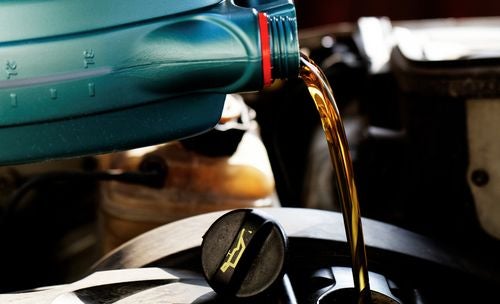
Perhaps, if there's something among the important car maintenance tips that have a fraction of truth in it, then it's this pointer here.
At the end of the day, a lot depends on the type and quality of the engine oil that you put into your car. It is a known fact that when compared to synthetic blends, conventional motor oils (mineral-oil) degrades a lot faster.
But it could be said that changing the engine oil for every 4,800-5000 km was a practice that was common in the past. However, it's not so much prevalent in the present.
It is believed that the motor oils (or engine oils) can today withstand the pressure of traveling up to 12,000 kilometers.
3. Servicing the car at various repair shops hampers the vehicle's warranty:
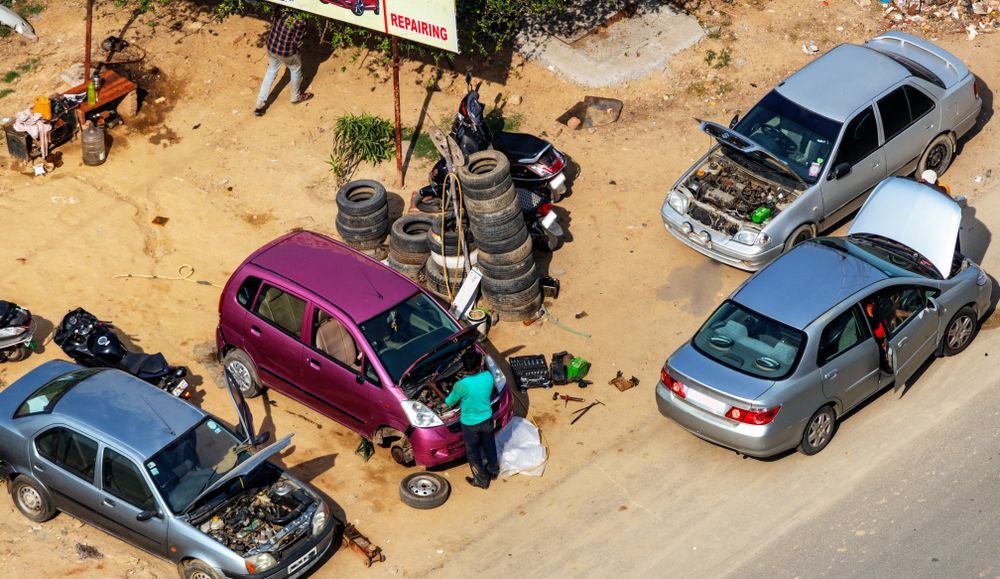
A common practice in many countries such as ours is that we commonly send our vehicles to a particular repair shop in the event of the car running into some sort of technical or mechanical anomaly. Not always does one maintain the practice of always sending a car to its respective workshop (manufacturer's).
This, as a popular myth suggests, it tends to void the car's warranty. But is this actually true?
Well, most car-dealers tend to submit a red-herring to their customers, encouraging them to always send their vehicles to their respective brand workshops, thereby fundamentally eliminating local grassroots competition in the form of local repair-shops.
But the practice, in truth, doesn't really toy with your car's warranty, it has been found. You can have independent repair stations and workshops perform various repairs and maintenance functions on your car, provided the vehicle's warranty is still in effect.
However, when sending the car to the proper manufacturer-driven-workshop what you need to be careful of is to maintain all the receipts and job orders, so that they can be presented if required for inspection.
2. Replace all Tyres at Once
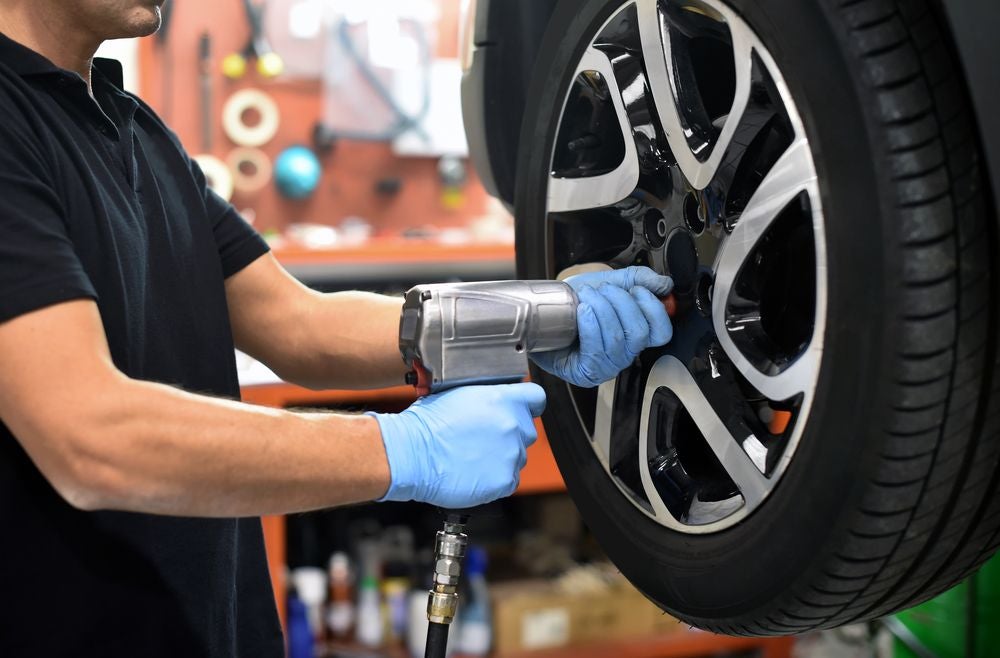
Ever heard among the most important car maintenance tip that you need to replace all the tyres at once even if the two tyres have a decent amount of grip and tread left in them? Think there's an awful lot of truth to it?
But, in reality, it must be submitted that the above is no more than a car-maintenance myth, albeit one that is adhered to by many of us.
The actual truth is that you don't need to replace all four tyres of your car at once. What's important, however, is to definitely check the tyre depth and consider replacing it only when the tyre has outlived its maximum lifespan.
Having said that, when you do happen to replace a tyre, bear in the mind the need to get the replaced tyre that has the same size, depth, model, and tyre-maker as the rest of the tires.
This doesn't apply if you choose to upgrade the tyre size, width or use a completely different make of tyre.
1. The connection between turning the AC "off" and improving mileage
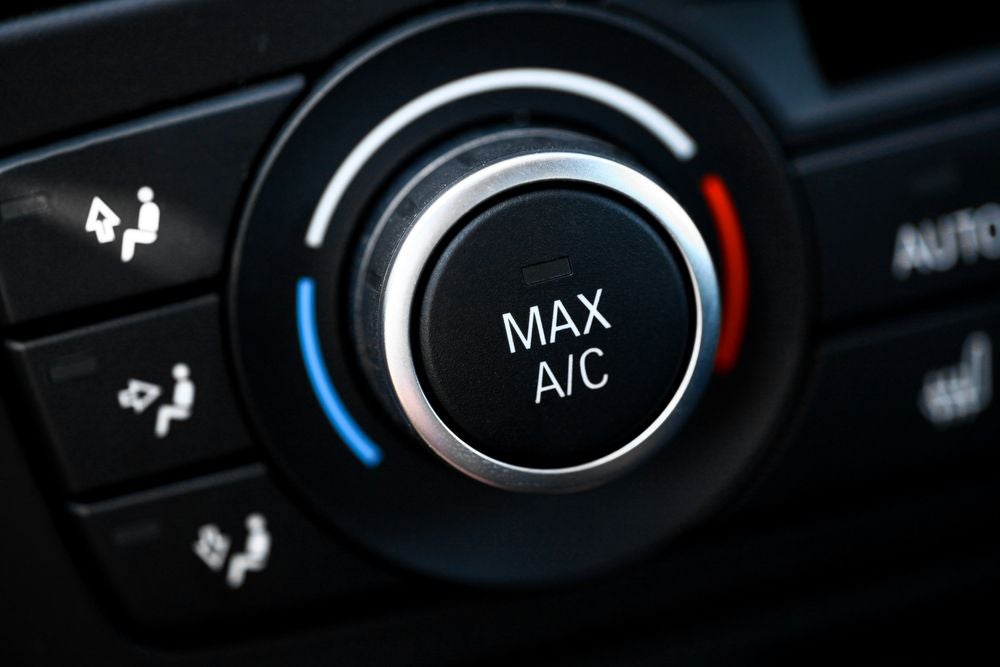
Whosoever suggested that by turning off the air conditioning in a car, one can improve the car's mileage pretty much succeeded in selling the world a dummy. One wonders, just how did this come about in the first place?
Although, there's some modicum of truth to this, if not entirely. When you are moving about at the snail's pace, then it is said that driving with the windows rolled down might help improve the car's mileage. This could be when you are driving at relatively (very slow) speeds of no more than 30-35 kmph.
The science behind this is that when you are moving in this speed, there is very less drag that the vehicle is coming up against. This means the air resistance confronting the machine is timid. At the same time, when you are driving on the highways or freeways, then it's best to do so with the air-conditioning on. Because driving so enables to minimize the drag that the car is up against.
At Cars24 we believe that basic knowledge about your car and its maintenance is healthy for the vehicle as well the wallet.








-(1).webp&w=828&q=75)







.jpg&w=828&q=75)





-(1).webp&w=640&q=75)









